5 Best Browsers that Support IndexedDB [Ranked by Data Limits]
Choose a browser having a stylish interface and great features
6 min. read
Updated on
Read our disclosure page to find out how can you help Windows Report sustain the editorial team. Read more
Key notes
- IndexedDB could be understood as a standard maintained by the world wide web as an alternative to the web storage standard.
- It offers a way to store data inside a user's browserand create web applications with rich query abilities regardless of external factors.
- This post contains the list of browsers that support IndexedDB. Don't hesitate in trying them.

IndexedDB or Indexed Database is a JavaScript application programming interface for web browsers. It usually manages a NoSQL database of JSON objects.
It could be understood as a standard maintained by the world wide web as an alternative to the web storage standard.
IndexedDB offers a way to persistently store data inside a user’s browser. It allows the creation of web applications with rich query abilities regardless of external factors.
Almost all major browsers support IndexedDB. Keep reading this post to learn more about what browsers support IndexedDB.
How do I know if my browser supports IndexedDB?
Most of the popular browsers like Chrome, Firefox, and Safari already implement IndexedDB just like local storage.
You can check if your browser supports IndexedDB by running the following codes on your console:
if (indexedDB) {
window.alert('IndexedDB is ready for some action!');
} else {
window.alert(
"Your browser doesn't support a stable version of IndexedDB. Such and such feature will not be available."
);
}
Should I use IndexedDB?
IndexedDB is beneficial if your client-side data requirements are more complicated than what local or session storage can provide. This mainly occurs if you are looking for more than a simple key or value to store in your application.
You can also use several JavaScript functions to parse the stored information. However, it won’t offer you the flexibility and power of IndexedDB.
IndexedDB will be a good fit if you want a storage layer with high performance. But you can opt for Session and LocalStorage if your requirements are simpler
Which browser supports IndexedDB?
Opera One – Comes with built-in VPN

Opera One provides many advantages over other browsers like Firefox or Edge. It’s a Chromium-based Browser but distinguishes itself from others.
Opera One offers reliable security tools for enhanced privacy, anti-tracking capabilities, and a built-in VPN. These are some tools dedicated to making the users’ browsing experience more secure with just a click.
The browser is very lightweight yet offers a fast user interface. In terms of bugs, Opera One has done a fantastic job in eliminating or resolving them. Also, it’s worth knowing that Opera One offers increased browser IndexedDB limits.
Other key features of Opera One include:
- Ad blocker
- Tracker blocker
- Native AI
- Video pop-up

Opera One
JavaScript language is easily translated and can be configured in settings.Google Chrome – Cross-platform syncing
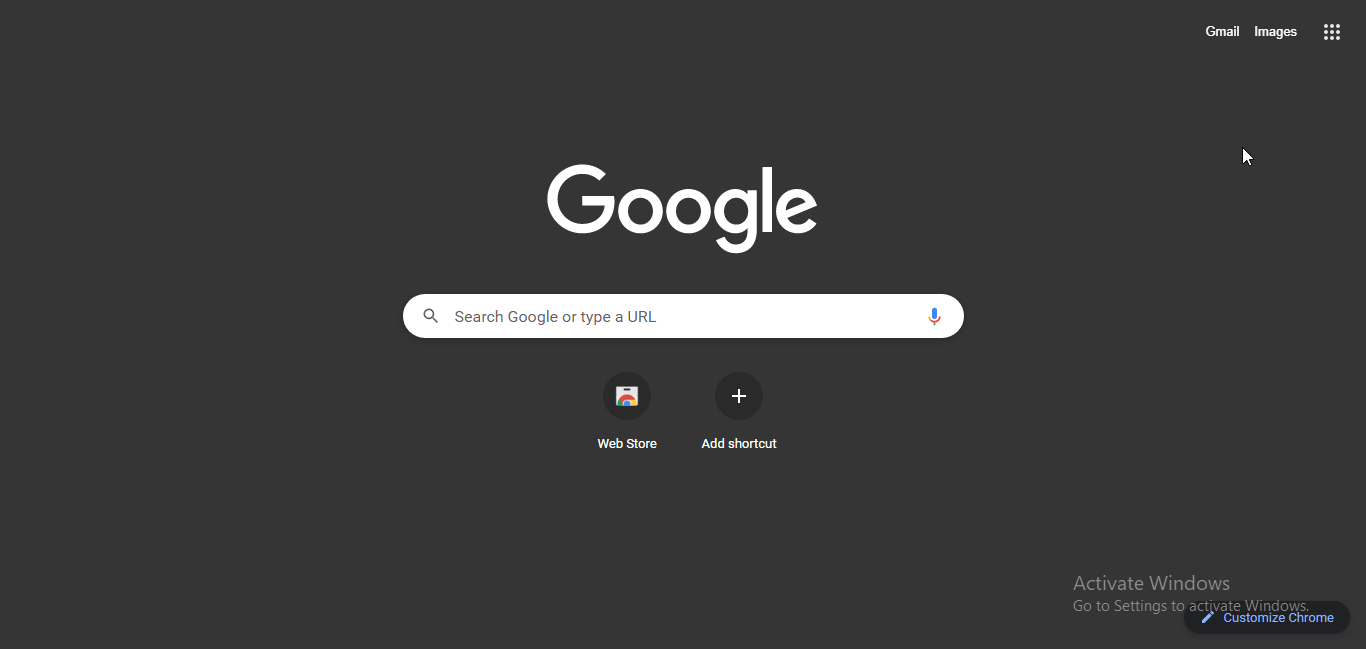
Chrome is one of the top IndexedDB-enabled browsers. It provides a refined and private surfing experience. It also offers several add-ons, privacy settings, and a simple user interface.
Because Chrome is cross-platform, it is simple to sync data across your devices. It also provides a variety of add-ons to make your browsing experience more convenient.
The Chrome browser uses AES-256 encryption standards to encrypt local passwords and cookies, and the browser also supports IndexedDB. It uses the data protection API integrated into the operating system to handle encryption sources.
Other than that, you can enable hardware acceleration in Chrome. Doing so, Chrome will start using your device’s GPU when the load over your CPU increases.
Other key features of Google Chrome include:
- High-speed browsing
- Easy, stylish interface
- Wide range of extensions
- Sync across devices
- Customizable
Firefox – Browse securely
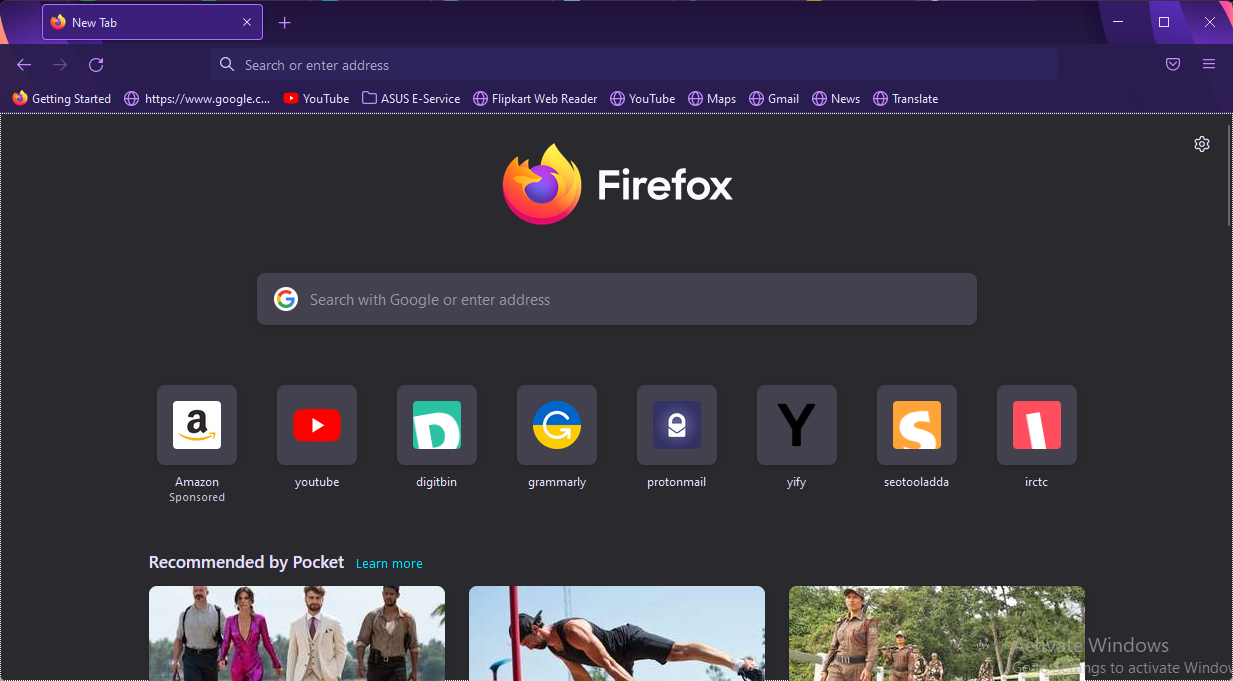
Among all privacy-oriented web browsers, Firefox is the overall leader. The increased browser IndexedDB storage limit makes it a popular choice among users.
Firefox has the finest sound quality, with clearly meatier mid and higher bass than the others. It also includes default ad blocking and tracking, a clean user interface, and Siri shortcuts for clearing history with voice commands.
Its stealth mode automatically eliminates trackers, eliminating the need to utilize incognito mode. Firefox has default ad blocking and tracking, Siri shortcuts, and a clean user interface.
Other key features of Firefox include:
- Cross-platform support
- Security
- Tabbed Browsing
- Pop-up blocking
- Private browsing
Microsoft Edge – Control your privacy

The next browser on our list is Microsoft’s Edge browser. It offers enough features and benefits to compete with popular browsers like Chrome and Firefox. It has separate options to check browser support IndexedDB.
It’s highly powerful because of its built-in protections against phishing and malware, as well as native hardware isolation. There is also no need for any additional software to use this safe baseline.
Many users have complained about Microsoft Edge not closing. If you’re one of them, read this post to learn how to resolve the problem.
Other key features of Microsoft Edge include:
- Importing Data
- Immersive Reader
- Page Layout
- Sync Devices
- Dark Mode
- Extensions
Safari – Quick Sharing
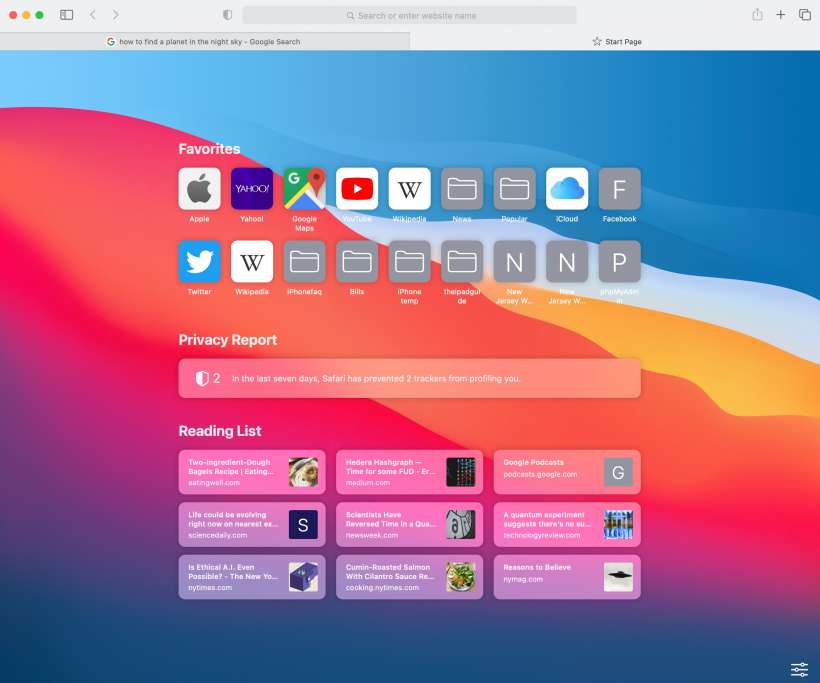
Next on our list is Apple’s own Safari web browser. Safari is the fastest web browser based on a fast JavaScript engine.
It is supported only on Apple devices. But offers many robust customization options like powerful privacy protection and reduced loading.
Regarding security, Safari always encrypts information exchange with the website. As this browser support IndexedDB it will protect your login information, credit card numbers, addresses, and other secure data.
Other key features of Safari include:
- Privacy and Security Settings
- Private Browsing
- Text Copying
- Tab Management
- Bookmark Management
- Download Manager
- Reader View and Reading list
How safe is IndexedDB?
As said earlier, IndexedDB is a promise-based encryption key that encrypts the stored data. It is often beneficial for data requirements on the client side.
However, IndexedDB is vulnerable to malware and physical takeover attacks. It’s a better option than others as cryptography is performed outside the browser execution environment, but it isn’t totally secure.
How much data can I store in IndexedDB?
The storage limit of an Indexed Database will be decided according to the users’ disk space and operating system. Usually, the LocalStorage quota is 5000 KB.
However, for a normal website, you shouldn’t worry about the available storage in the IndexedDB as it’s way higher. Most Chromium-based web browsers allow around 80% of the disc space to be used.
IndexedDB vs LocalStorage
Both IndexedDB and LocalStorage are key-value stores. But IndexedDB is slightly different than Local Storage. Local storage just stores strings, so to put an object in local storage the usual approach is to JSON.stringify it.
Also, LocalStorage is quite faster than IndexedDB in all browsers. IndexedDB isn’t significantly slower when run in a web worker, and never blocks the DOM that way.
If this guide was helpful, do let us know in the comments section below.



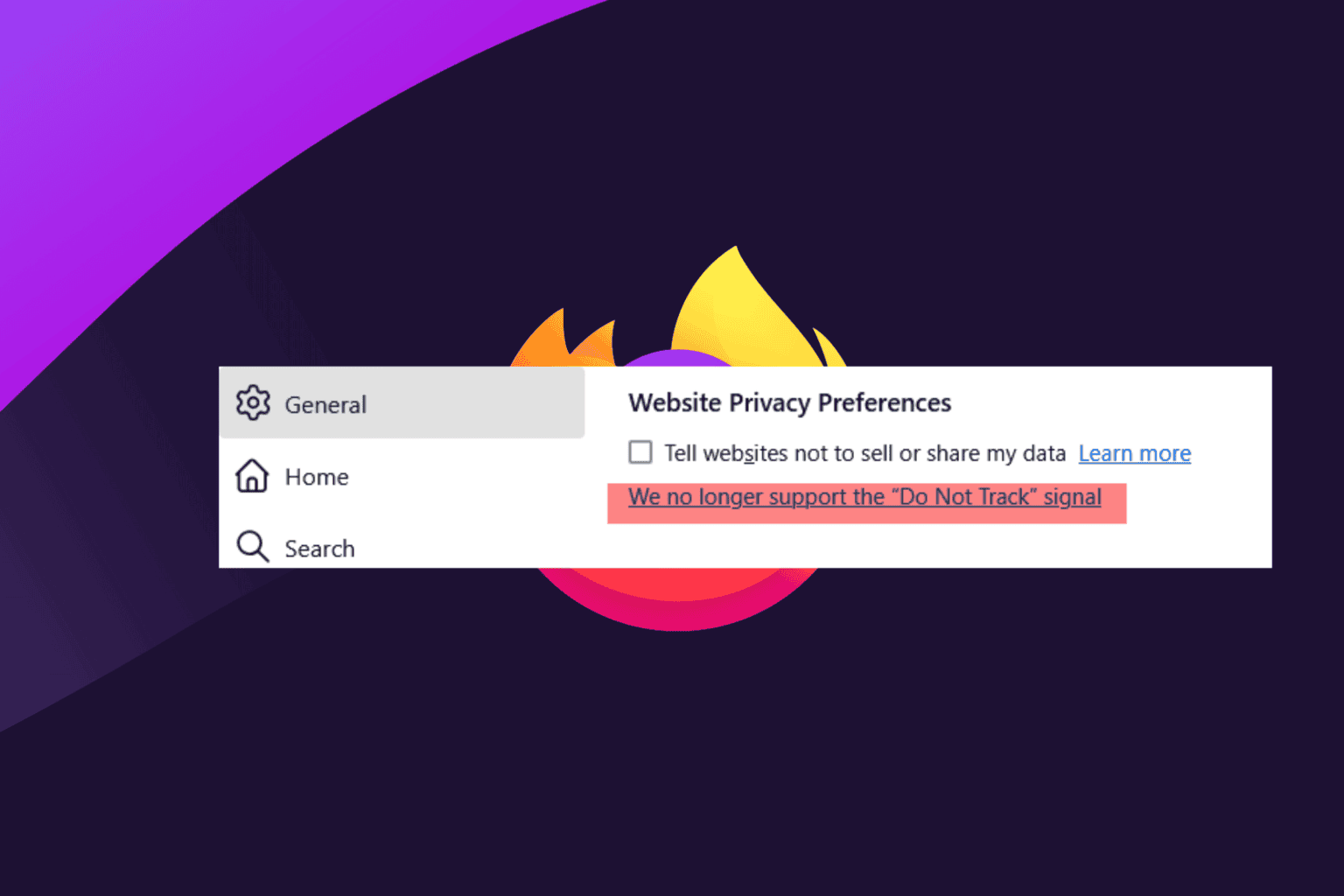
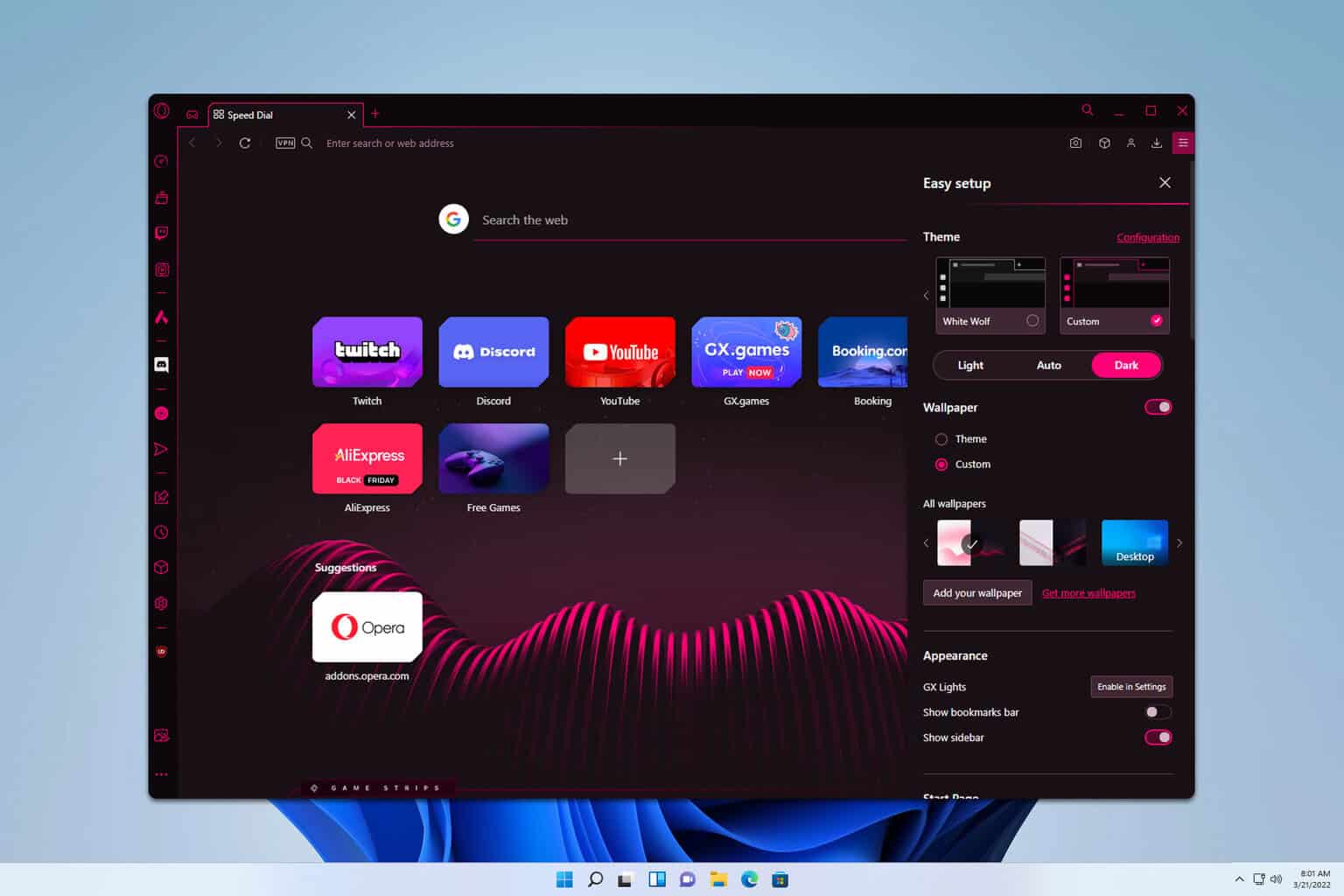
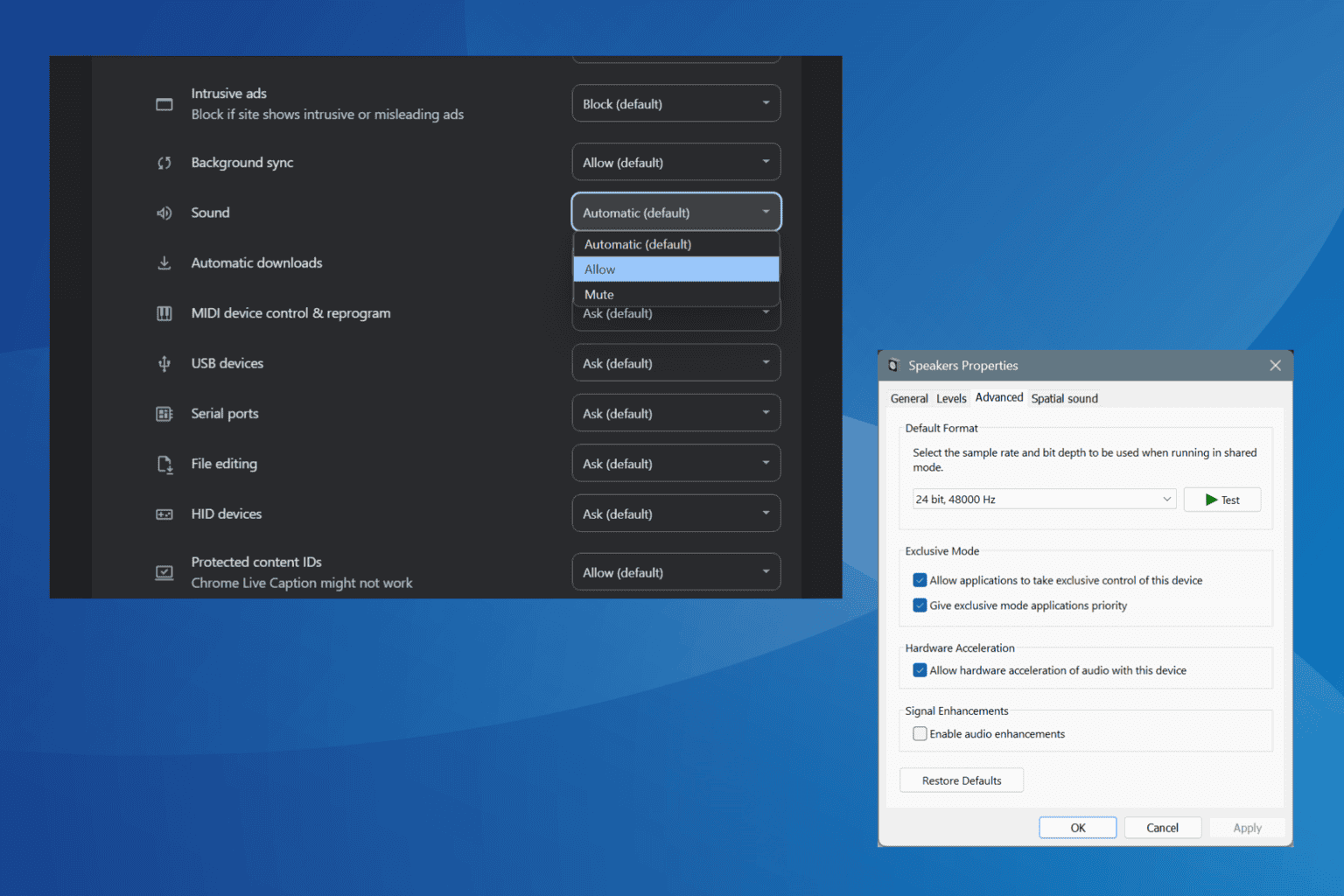

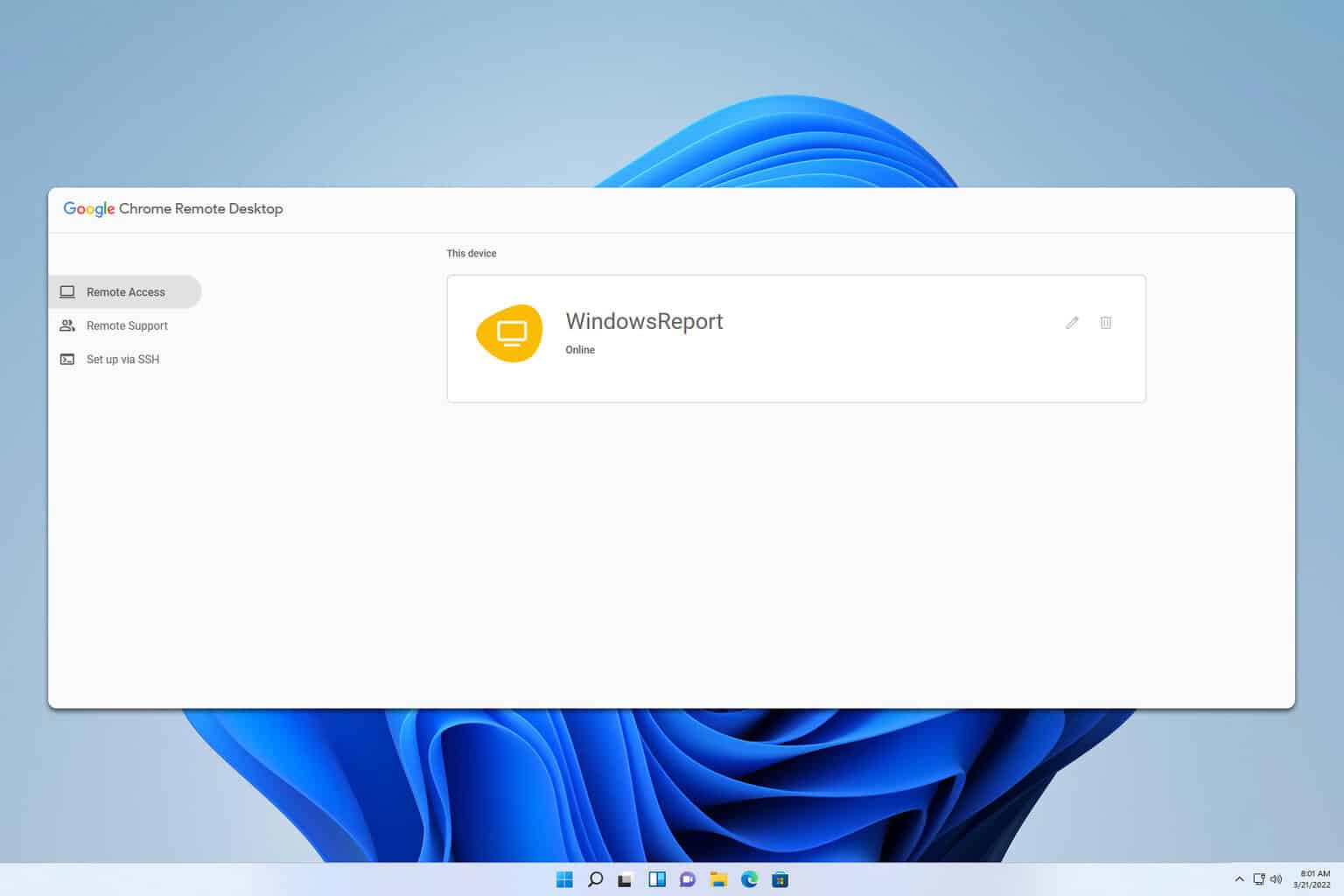
User forum
0 messages